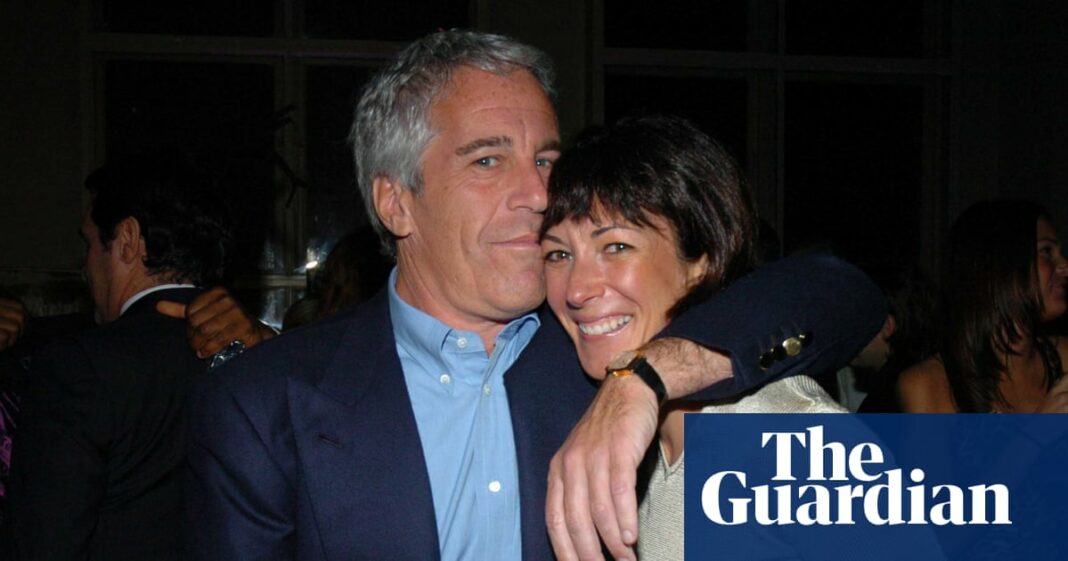The government lost its bid to unseal grand jury transcripts in the sex-trafficking case against Jeffrey Epstein.
Richard Berman, a federal judge in New York, said the transcripts pale in comparison to the documents the government already has on Epstein and that disclosing them could harm victims.
The ruling comes after a different judge ruled against disclosure in a separate effort to unseal transcripts in a case against Ghislaine Maxwell, Epstein’s former girlfriend. Maxwell is in prison on a 20-year sentence after she was convicted of sex trafficking for aiding Epstein’s sexual abuses.
Epstein, who died by suicide in custody in 2019 while awaiting trial, sexually abused hundreds of girls and women and operated a sex-trafficking ring over decades. He was connected with some of the world’s most powerful people. Documents related to his conduct could reveal his connections, how he made his money and how he was able to evade justice for so long.
The government was seeking to unseal 70 pages of grand jury transcripts, exhibits including a PowerPoint presentation, four pages of call logs and letters from victims and their attorneys, from proceedings that took place in 2019.
The motions to unseal the documents came as the Trump administration is under intense scrutiny from its supporters over failure to release Epstein files in its possession. Trump had previously promised to release the files, a longtime goal for the Maga movement, and now has sought to tamp down fury among his Maga acolytes over the files. Trump and Epstein were once friends, and his entanglements have come under renewed examination.
The government has said it has massive amount of investigative materials into Epstein, but said in July that it would not be releasing more. Some of the materials are under court-ordered seals, and victims’ information is woven throughout the documents. The government said then that there was no “client list” among its materials.
In his rulingBerman wrote that the government already has vastly more files on Epstein in its possession than what it was seeking to unseal. “The government’s 100,000 pages of Epstein files and materials dwarf the 70 odd pages of Epstein grand jury materials,” he wrote. Seeking to unseal the grand jury documents appears a “diversion” from releasing documents in the government’s possession, he wrote, and the government failed to make the case for unsealing the documents.
The grand jury materials largely consist of the testimony of an FBI agent, the sole witness in the grand jury proceedings, “who had no direct knowledge of the facts of the case and whose testimony was mostly hearsay”.
One compelling reason to keep the documents under seal, he wrote, is “possible threats to victims’ safety and privacy”. Victims and their attorneys said they wanted to be sure they weren’t put in harm by disclosures, and anonymous victims did not want their identities revealed.
Similarly, in the Maxwell grand jury proceedings, only two law enforcement officers testified, undermining the idea that unsealing the documents would grant access to a trove of earth-shattering documents.
“Insofar as the motion to unseal implies that the grand jury materials are an untapped mine lode of undisclosed information about Epstein or Maxwell or confederates, they definitively are not that,” wrote Manhattan federal court judge Paul Engelmayer in his rejection earlier this month.
Separately, the House oversight committee said it would be releasing documents it expects to receive from a subpoena to the justice department. The committee will conduct a “thorough review to ensure all victims’ identification and child sexual abuse material are redacted” before public release.



